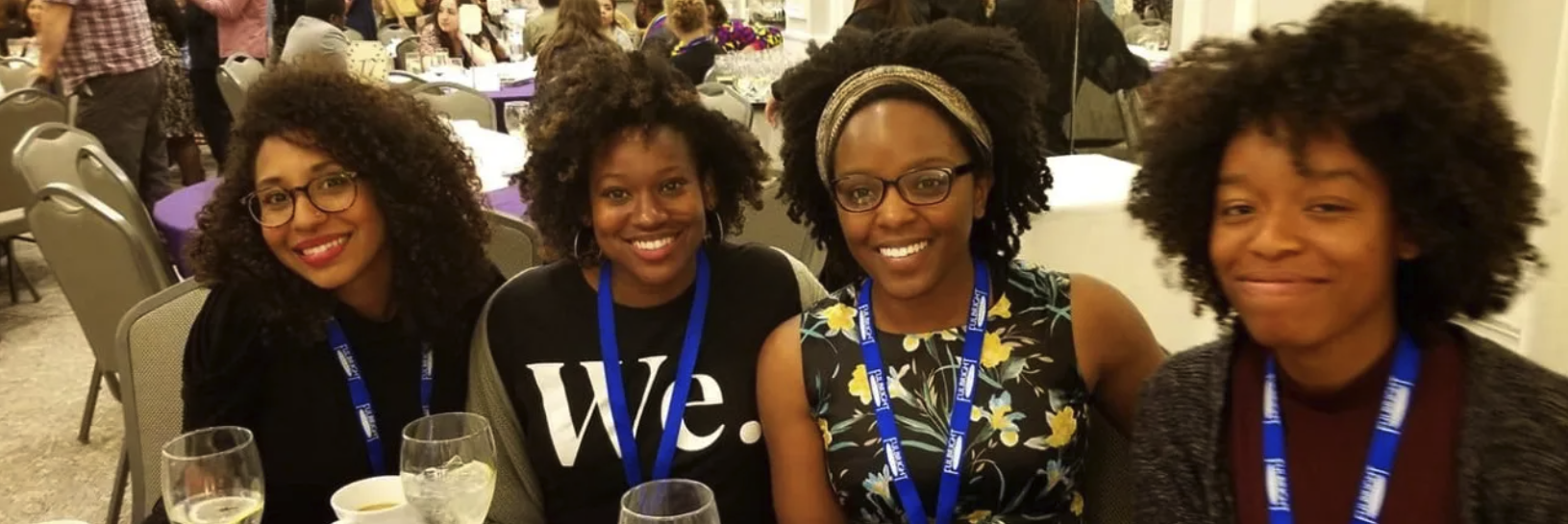Finding Bliss as an Autistic Black Girl: I Matter Too

This post was originally posted to my previous blog and on The Mighty in November 2022.
I wasn’t smiling for much of my time at university.
Last week I was tasked to give back to the Black community after winning an alumni award at my undergrad university. Already several years out, I reflected on my experience during my time there. I struggled to attend many events because they often felt too noisy, crowded or bright. I faltered in minor chit chat during the few events I did attend. At the time, I didn’t know I was autistic, but I knew I was different. I hid my budding afro and masked my real identity.
It took a while for me to find my footing, but when I did, it was bliss. Years later, I finally received a referral and a diagnosis, and I joined various groups of people like me. I was accepted into other prestigious universities and fellowships before I was diagnosed, but had a wonderful time living them out due to my own self-awareness after the diagnosis. I made friends all around the world, learned so much about myself and the world around me through novels and traveling, and — of course — grew my afro. I’m happy that most autistic social groups accept those without a formal diagnosis, with the hope that people like undergrad me could find them and experience bliss much earlier.
However, while discovering myself as an adult, I often misread the room and spoke of intersectionality in Black communities with disabilities. I did this when I was supposed to speak of just Black communities — as if autistic doesn’t exist with Black.
With rain, often, comes a rainbow, and all of my temporary rains were all it took to create mine. With the joy of my authentic self, I finally drafted the following as a campaign to my undergraduate university:
We Matter, Too
When you think of Homecoming and High Street, corners, panic attacks, and isolation aren’t usually words that come to mind. These words were my reality, however, and after receiving feedback on a blog post from other autistic young adults, I know I’m not alone.
Balancing a Black student identity on a campus like Miami can be full of challenge, excitement and can even create amazing lifelong friendships. On the other hand, students with intersectional identities such as disability or mental illnesses may take longer to find their niche. It’s time we create a campaign to bring out the voices in our communities who may not feel as included in their minority group on campus. Through your essays and artistic submissions, let’s build a platform for all of us to connect and seek ways of how we can better unite and stand for all BIPOC at Miami more than ever before.
I hope other universities (and even middle schools and high schools!) will implement similar campaigns. I hope this campaign can enable just one more autistic (diagnosed or not) Black girl to read about herself and feel seen.
My voice may feel soft and thin, but my afro is coarse and thick. Because of “We matter, too,” I hope even just one more autistic Black girl will smile during university.
